
Written by Julia
At a first glance, screen protectors all look alike. But they're definitely not the same. Glass, plastic, and hybrid glass screen protectors feel differently. They also offer different kinds of protection for your screen. We'll highlight the most important properties of the materials for you, so you can compare them properly.
- Pros and cons
- Comparison
- Scratches and bumps
- Fall protection
- Thickness
- Structure
- Conclusion
Pros and cons hybrid, glass, and plastic screen protectors
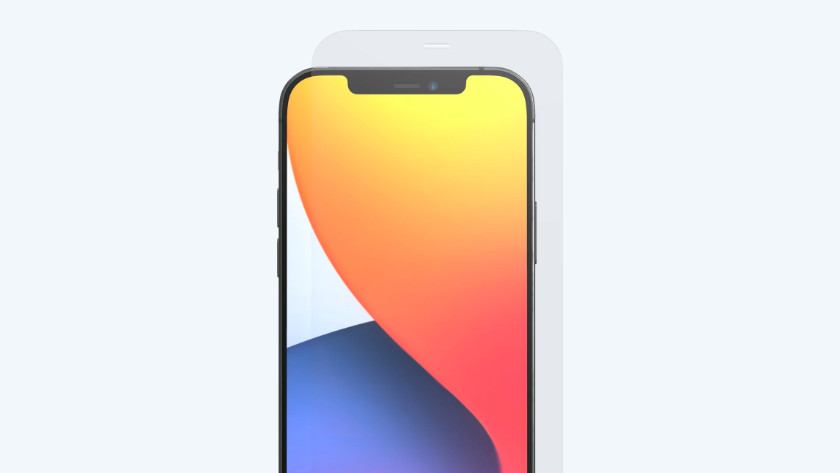
Hybrid glass
- Hybrid glass is thin and flexible, so you don't feel it on your screen.
- Glass protects well against bumps and falls, because the impact of a hit is distributed over the screen protector.
- Your screen has a quick response to touch, so you don't notice there's a screen protector on your device.
- A hybrid glass screen protector isn't available for every device.
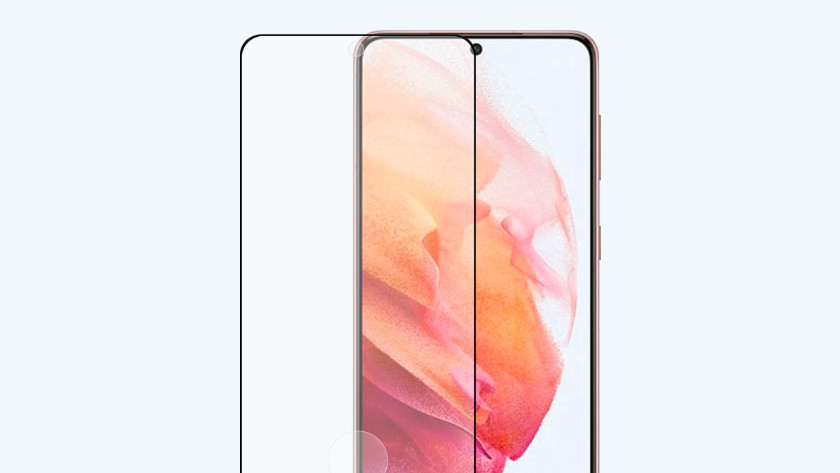
Glass
- Glass protects well against bumps and falls, because the impact of a hit is distributed over the screen protector.
- A glass screen protector feels like your own screen, so you'll barely notice the protection while scrolling.
- Glass is thicker than plastic or hybrid glass, so it's better visible on your screen.
Glass screen protectors
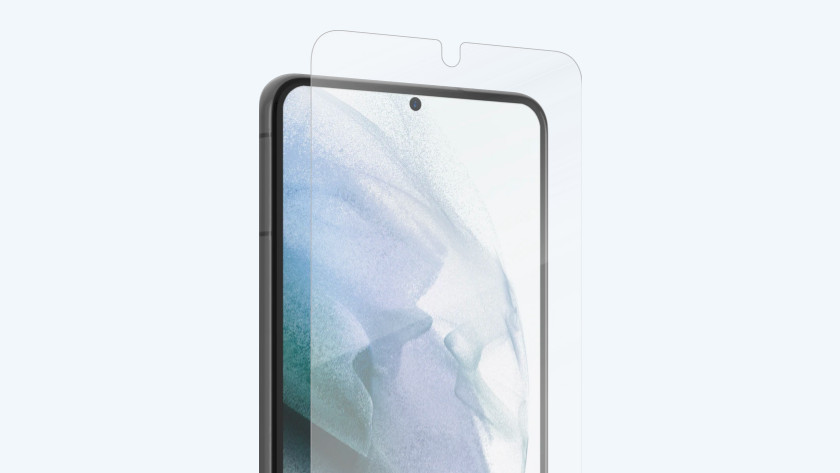
Plastic
- A plastic screen protector is thin and flexible, so you won't see much of it on your screen.
- Your screen is as responsive to touch as usual, because plastic adheres well to your screen.
- Plastic is very thin, so it doesn't protect well against bumps and hits.
- Plastic feels rougher when you scroll through your apps.
Plastic screen protectors
Comparison between hybrid glass, glass, and plastic screen protectors
| Hybrid glass | Glass | Plastic | |
|---|---|---|---|
| Protection from scratches and bumps | Excellent | Very good | Good |
| Fall protection | Excellent | Very good | Mediocre |
| Thickness | Thin | Thick | Thin |
| Structure | Smooth | Smooth | Rough |
Protection from scratches and bumps

Hybrid glass: excellent
Hybrid glass consists of strong plastics like PET and acrylic glass. This makes it look like glass, but it's as thin and flexible as plastic. Hybrid glass doesn't break or tear, so it offers excellent protection from scratches and bumps. The strong plastics ensure a hard hit or scratch won't reach your own screen.

Glass: very good
A glass screen protector offers great protection from scratches and bumps. It allows you to put your device in your bag together with other items without worries. It also doesn't matter if you accidentally bump into something with your device, like the point of a table. That's because the hardened glass protects your phone by distributing the impact.

Plastic: good
Plastic protects your phone well from scratches. This means it's no problem to put your phone in the same pocket as your keys. The scratches will end up on the screen protector, not on your screen. But it's not a good idea to bump you device into something. Because the plastic screen protector is pretty thin, the screen protector doesn't protect as well against deep scratches or bumps. The screen protector offers less protection, which is why it's often more affordable than a glass or hybrid glass screen protector.
Fall protection
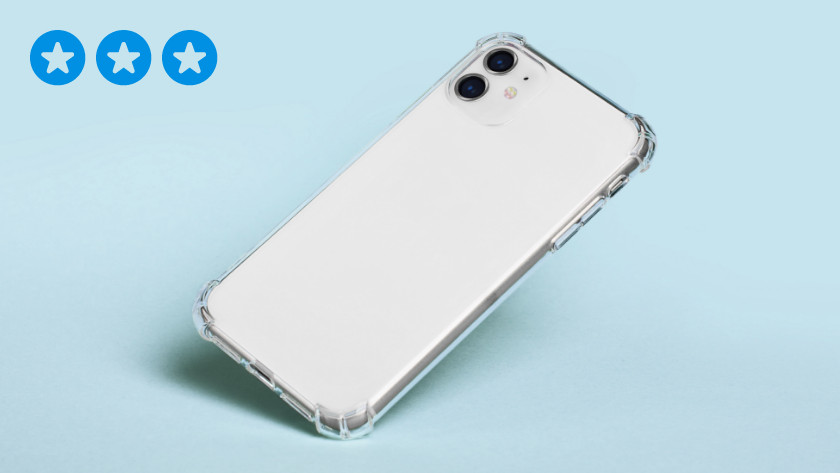
Hybrid glass: excellent
The hybrid glass is made of strong materials that look like glass. The screen protector distributes the impact of the hit. Thanks to this, your own screen doesn't break. Hybrid glass doesn't break, in contrast to glass.
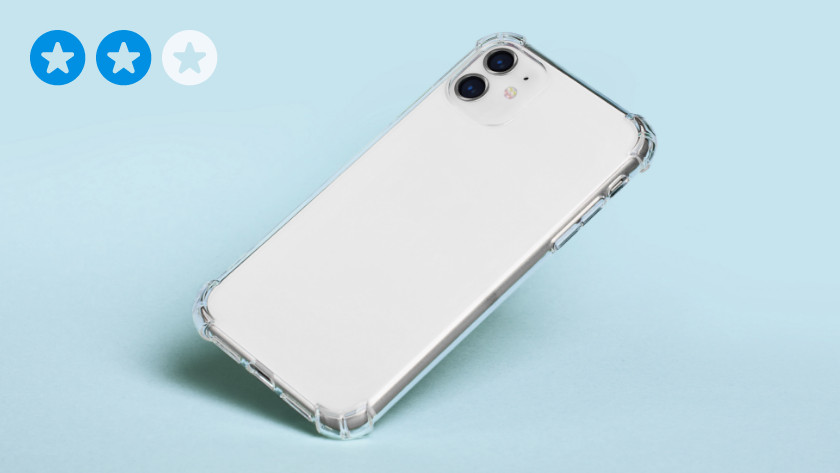
Glass: very good
A glass screen protector absorbs the impact when you drop your phone. Thanks to this, your own screen doesn't break, but there's a chance the screen protector will break. Your own screen stays intact.
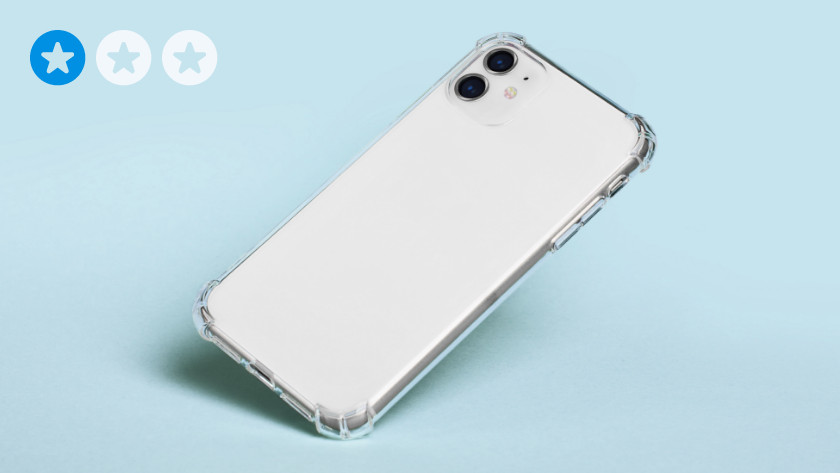
Plastic: mediocre
Plastic is a thin material that doesn't absorb the impact in case of a fall. Due to this, the impact also reaches your own screen. There's a bigger chance it will break.
Thickness
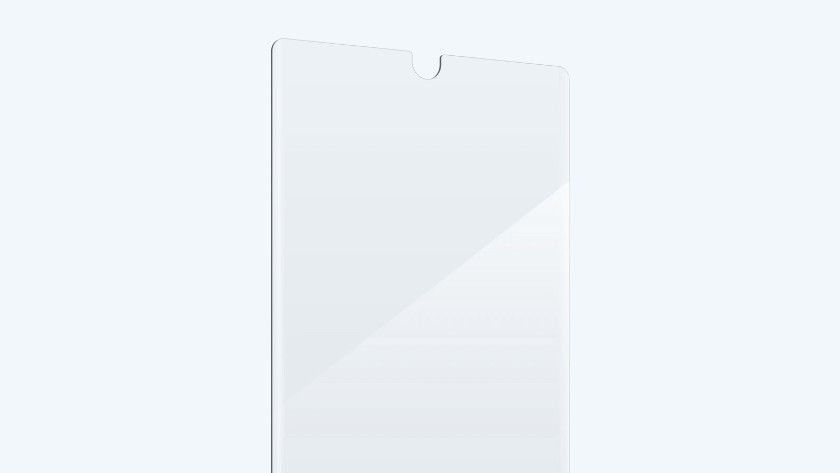
Hybrid glass: thin
Hybrid glass is very responsive to touch. That's because the glass really adheres to your screen. The hybrid glass is thin, and you can barely see and feel it. You can also easily unlock your screen with the fingerprint scanner. This means you can still use your smartphone to the fullest with a hybrid glass screen protector on your screen.

Glass: thick
A glass screen protector lies on your screen. It has clear edges that you see and feel on your smartphone. Because the glass screen protector is quite thick, your screen may be slower to respond. In addition, the fingerprint scanner doesn't always work. You can often solve this by switching on the touch-sensitivity. So you might notice something in terms of touch-sensitivity when you apply a glass screen protector to your screen.
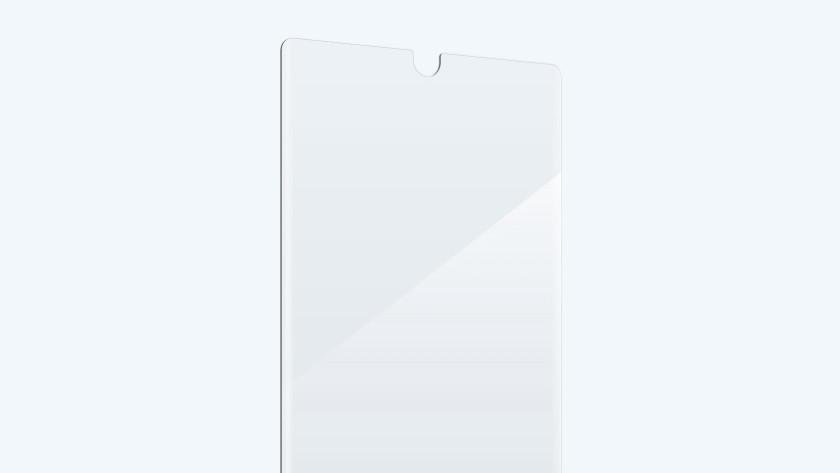
Plastic: thin
Plastic is very thin and flexible, and you don't feel it on your screen. This means your screen is as responsive to touch as usual. The fingerprint scanner still works with a plastic screen protector. You won't notice a plastic screen protector.
Structure
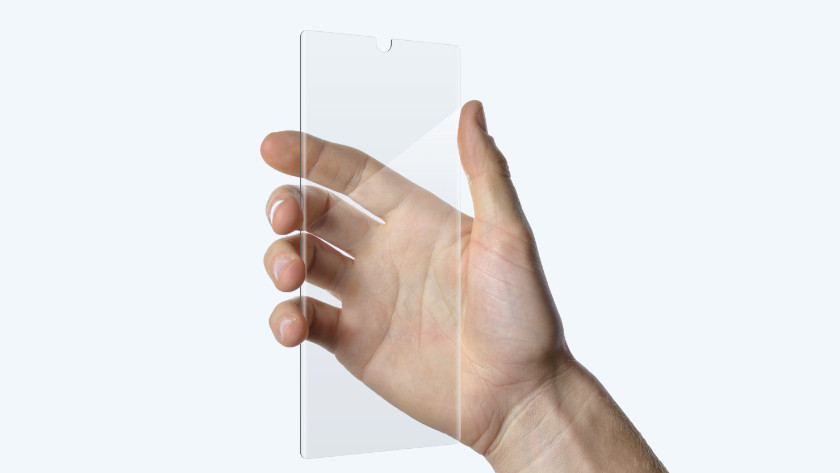
Hybrid glass: smooth
Hybrid glass is made of plastic, but feels like glass. This means you won't feel the difference between your screen and the screen protector. Hybrid glass shouldn't cause any inconvenience during use.
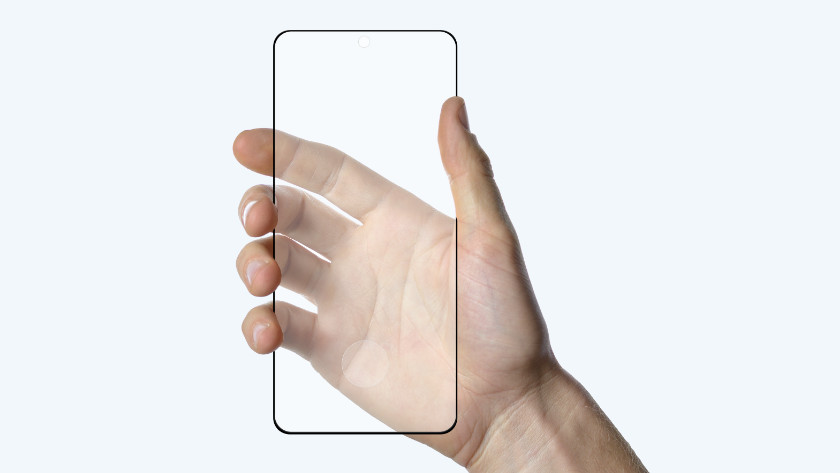
Glass: smooth
Glass feels most like your own screen. The screen protector is smooth and it doesn't feel different from your own screen. So with a glass screen protector, you won't feel the difference between with and without.
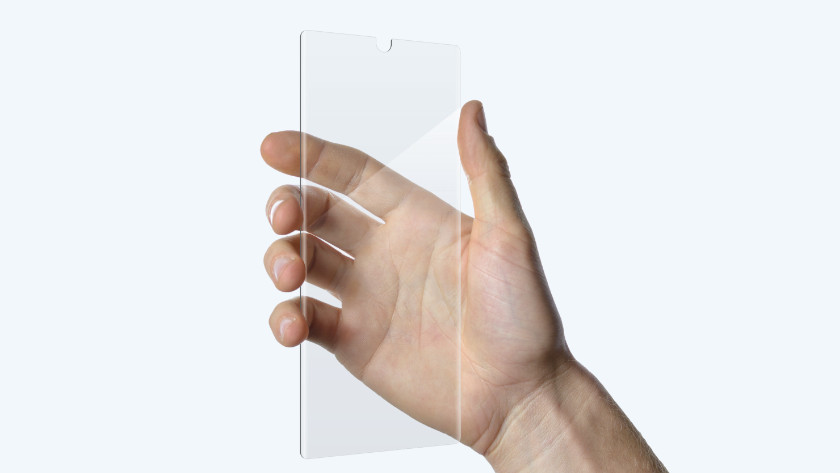
Plastic: rough
Plastic feels a little rougher. It doesn't feel like your own screen and you'll notice the difference. Due to this, plastic may feel less pleasant while scrolling through your apps.
Conclusion
Glass screen protectors offer good protection for your smartphone, but are thicker. There's a chance it will break in case of a fall, but your screen won't be damaged. A plastic screen protector is a thin protective layer, which offers the basic protection from scratches and bumps. Hybrid glass combines both properties, it's thin and strong. So choose a hybrid glass or glass screen protector if you want the most complete protection.
View all screen protectors
Do you have any feedback for us about this page?
Optional
We only use your feedback to improve the website, we won't respond.
Thanks for your feedback
Article by:
Julia Screen Protector Expert.
Help choosing a screen protector
How do you apply a screen protector?
